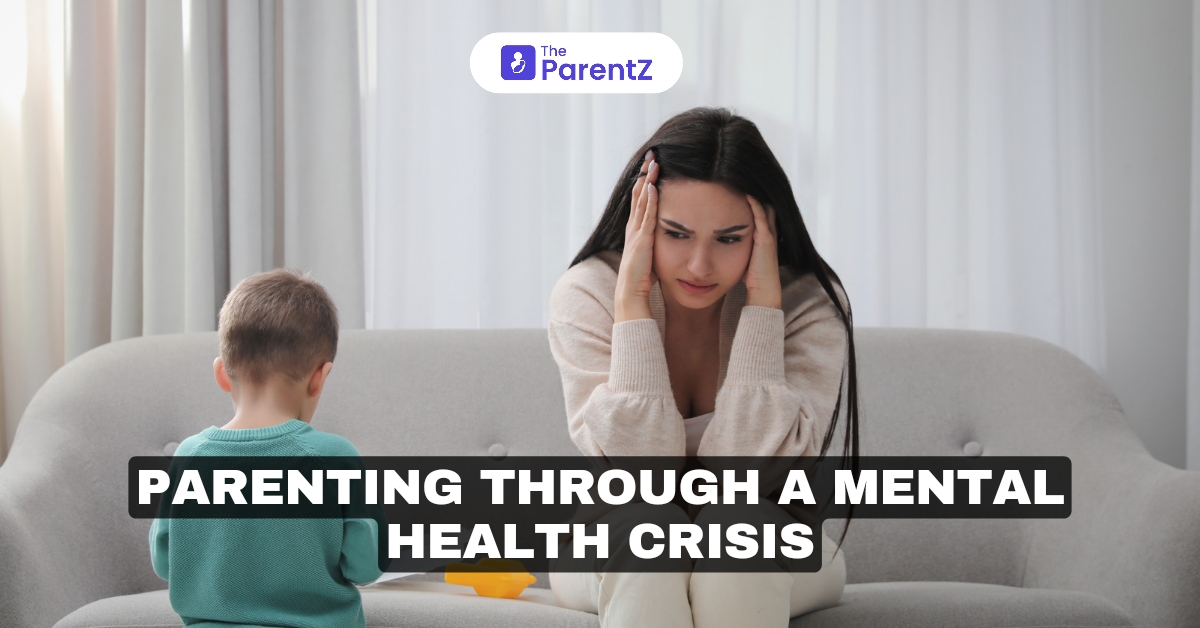Parenting during a mental health crisis presents unique challenges that can affect both parents and their children. The emotional toll of managing mental health issues while fulfilling parenting responsibilities can be overwhelming. However, with the right strategies and support systems in place, parents can navigate these difficulties while continuing to provide love and stability for their children. This article explores how parents can recognize the impact of their mental health on parenting, seek support systems, communicate effectively with their children about mental health issues, and prioritize self-care strategies during challenging times.
Recognizing the Impact on Parenting
Mental health crises can significantly affect parenting abilities:
- Decision-Making Challenges: During periods of mental distress—such as anxiety or depression—parents may struggle with decision-making processes that affect daily routines or discipline strategies.
- Emotional Availability: Parents may find it difficult to be emotionally present for their children when they are grappling with their own mental health issues. This emotional unavailability can lead to feelings of neglect or confusion among children.
- Impact on Children: Children may experience anxiety or stress when they perceive changes in their parent’s behavior or mood during a crisis. Understanding this impact is crucial for parents seeking support.
Seeking Support Systems
Building a support system is essential for parents experiencing mental health crises:
- Relying on Extended Family and Friends: Reaching out to trusted friends or relatives can provide emotional support during difficult times. It’s important for parents not to hesitate in asking for help when needed.
- Professional Help Options: Therapy or counseling can be beneficial not only for parents but also for children who may be affected by the situation. Professional guidance can provide coping strategies tailored to each family member's needs.
- Online Resources: Many online platforms offer resources specifically designed for parents dealing with mental health challenges. These platforms provide access to support groups where individuals can share experiences and advice anonymously.
Communicating with Children
Effective communication is vital when navigating mental health issues within the family:
- Age-Appropriate Conversations: Tailor discussions about mental health based on your child’s age and understanding level. Use simple language for younger children while allowing older kids more space for questions and discussions.
- Reassuring Children: It’s essential to reassure children that they are not responsible for their parent’s mental health struggles. Maintaining open lines of communication helps normalize feelings around mental health issues within the family context.
- Managing Emotional Outbursts: Parents should prepare themselves for potential emotional outbursts from their children as they process changes at home. Acknowledging these feelings without judgment fosters an environment where children feel safe expressing themselves.
Self-Care Strategies for Parents
Prioritizing self-care is crucial during times of crisis:
- Daily Habits Supporting Mental Well-being: Incorporate small daily habits such as mindfulness exercises or journaling into your routine. These practices can help manage stress levels effectively.
- Rest and Recovery: Ensure you are getting enough rest; lack of sleep can exacerbate mental health issues. Prioritize sleep hygiene by establishing consistent sleep schedules when possible.
- Physical Activity Importance: Regular physical activity has been shown to improve mood and reduce symptoms associated with anxiety and depression. Even short walks or gentle exercises at home can make a difference.
- Establishing Routines: Creating small routines within the home helps establish stability during chaotic times; this predictability benefits both parents’ mental health and children's sense of security.
Conclusion
Navigating parenting through a mental health crisis requires resilience, understanding, and support from both within the family unit and external resources available in the community. By recognizing how mental health impacts parenting dynamics, seeking necessary support systems, communicating openly with children about these challenges, and prioritizing self-care strategies, parents can maintain stability while fostering healthy relationships with their kids during difficult times. Remember that reaching out for help is not only okay but essential; prioritizing your well-being ultimately benefits both you and your children as you navigate this journey together.








Be the first one to comment on this story.